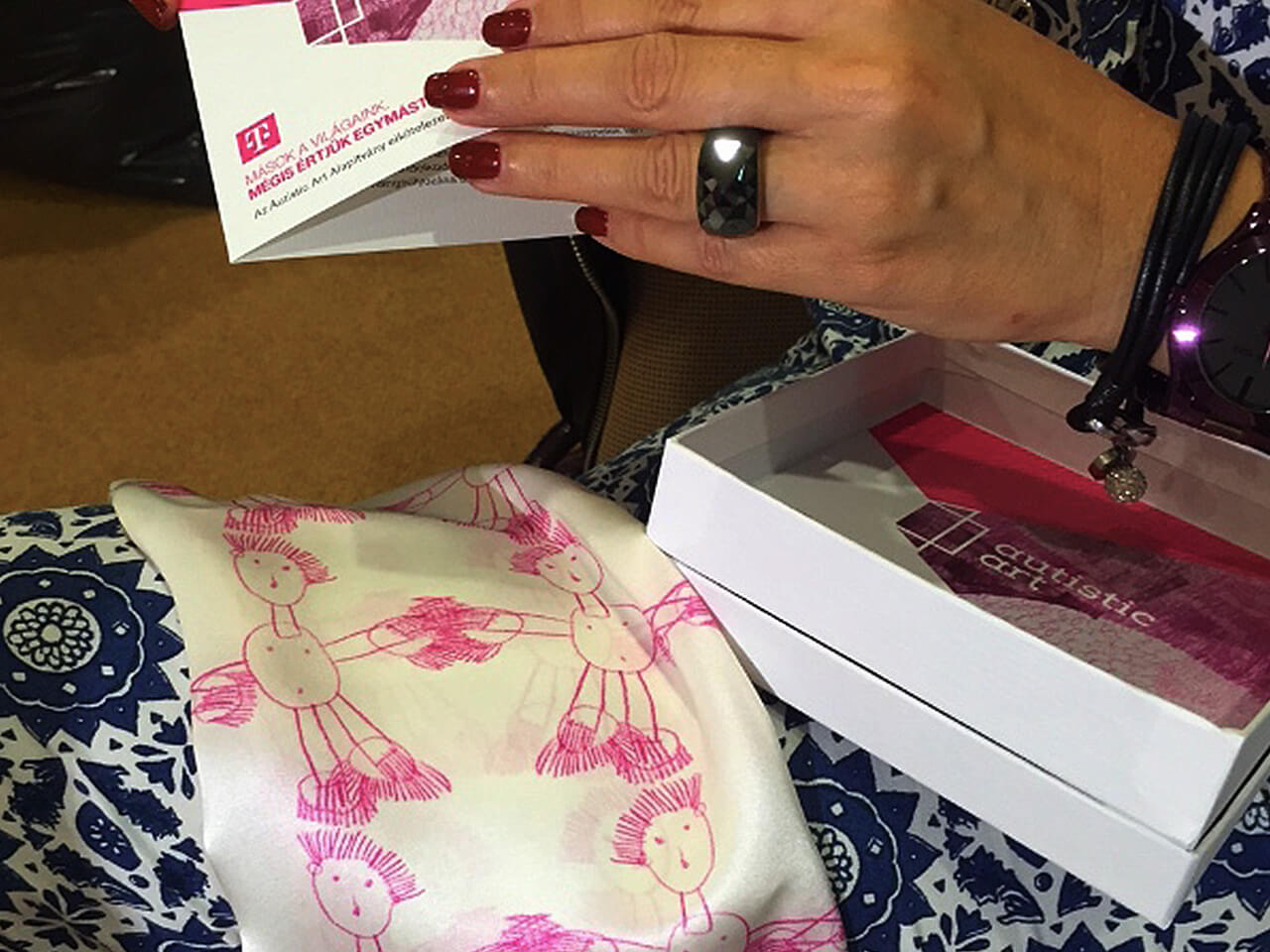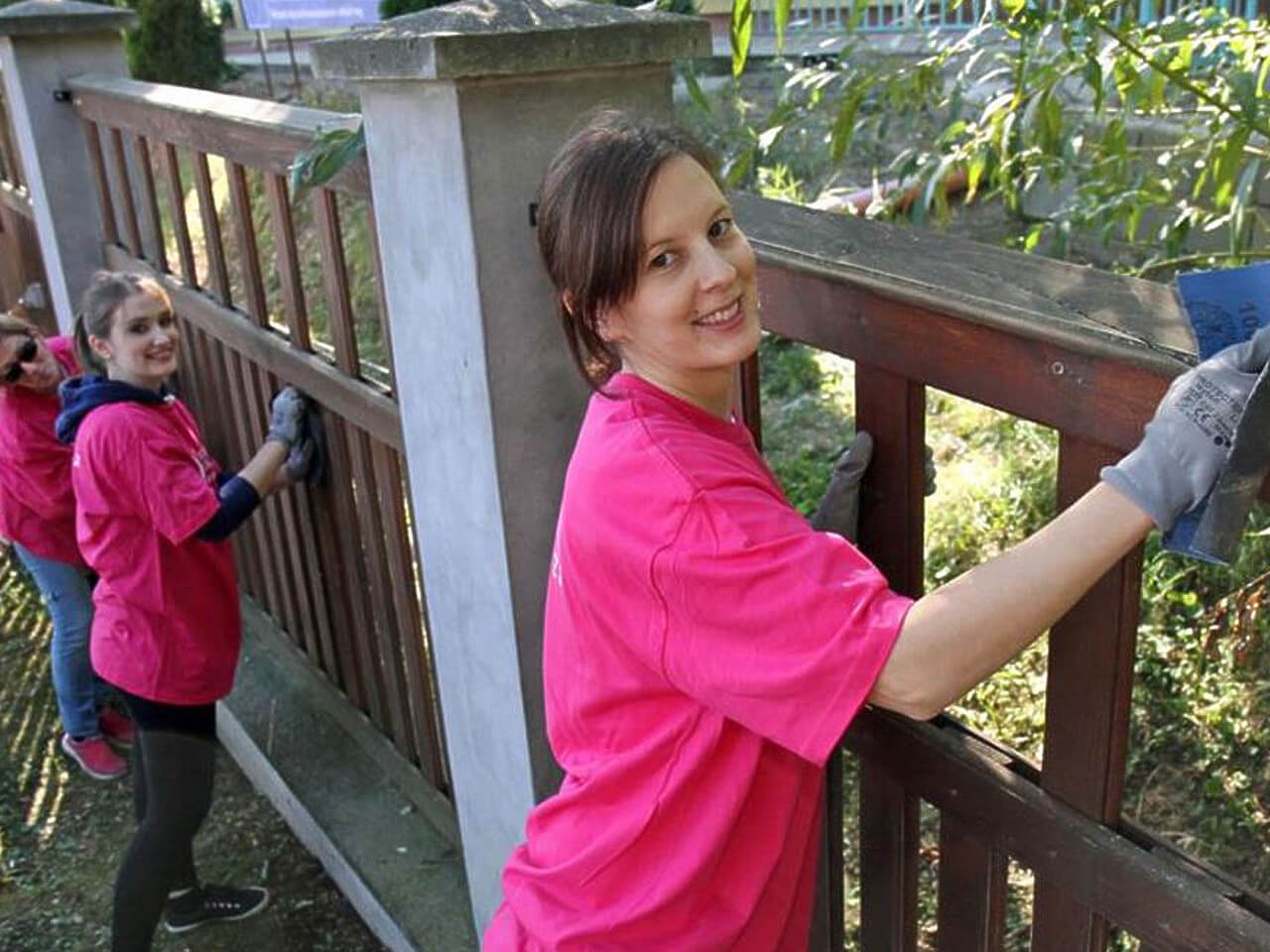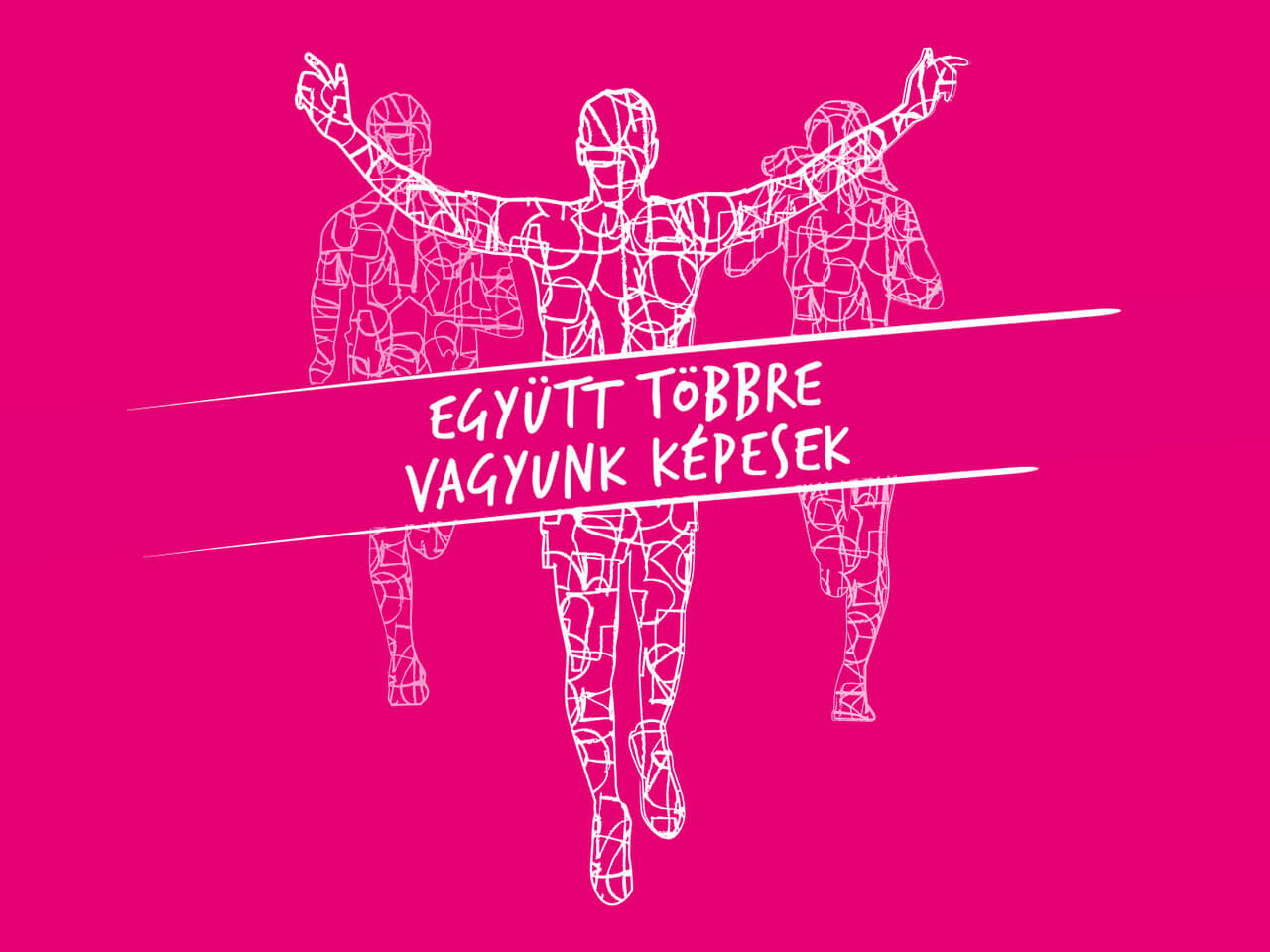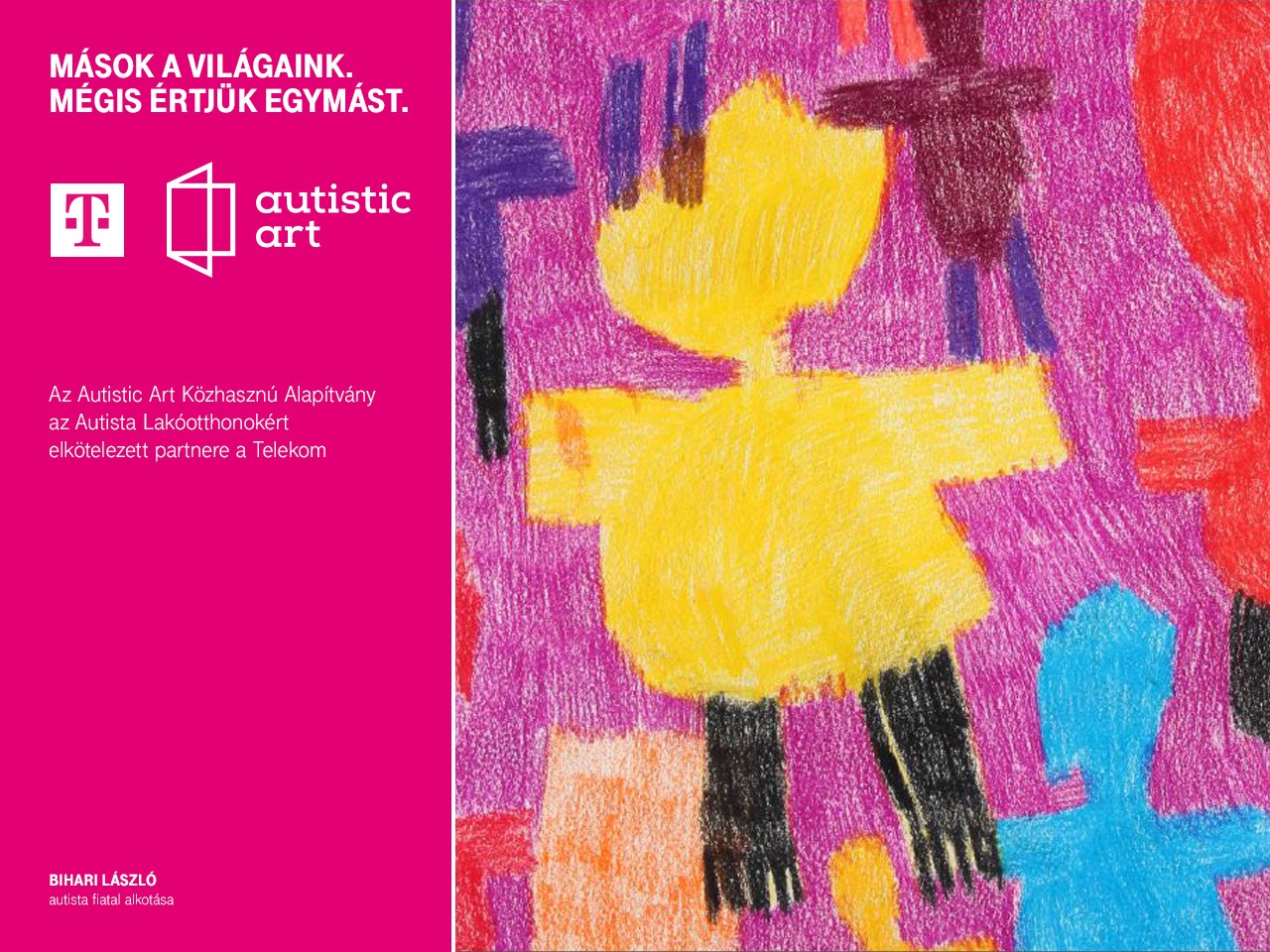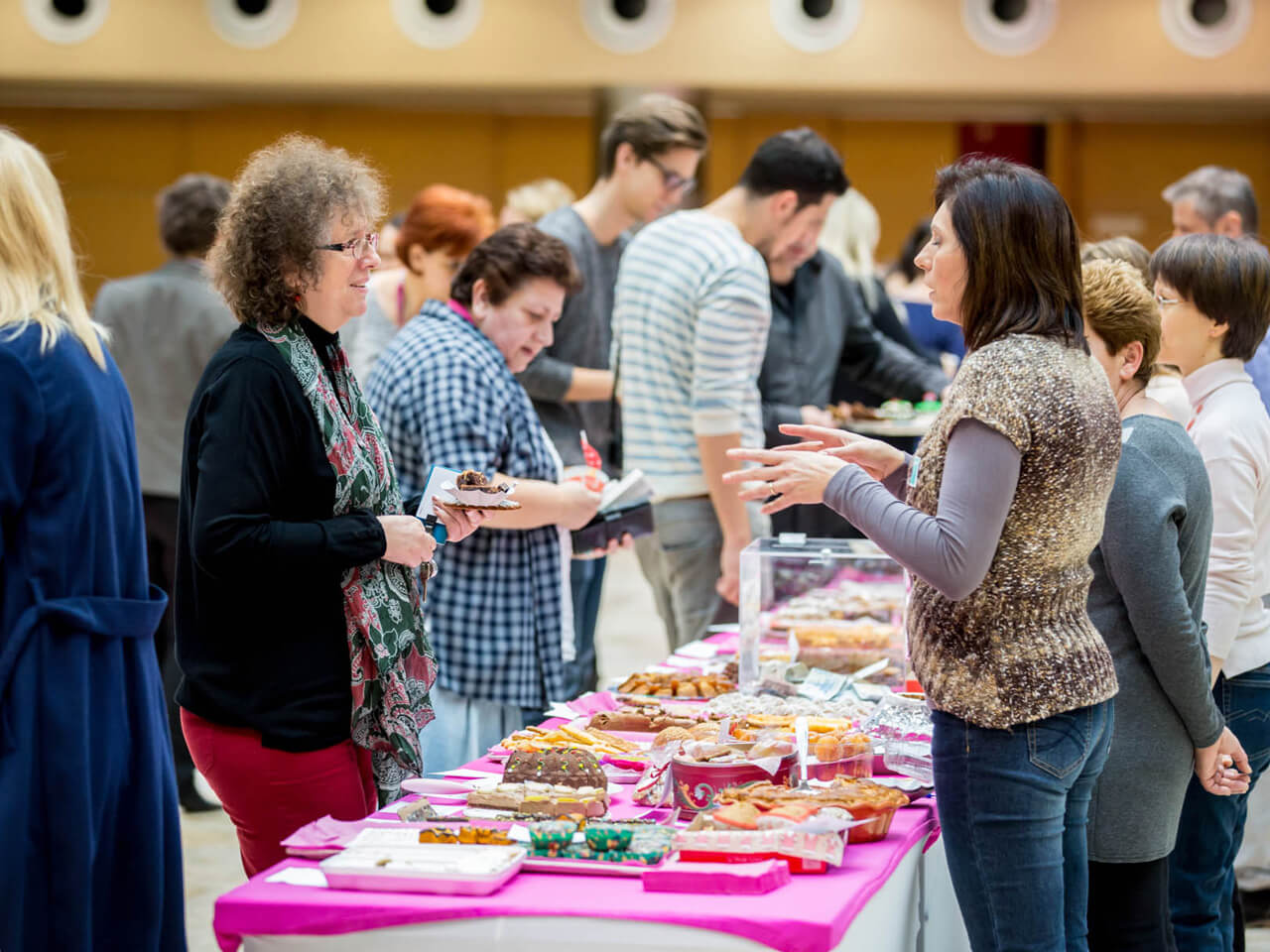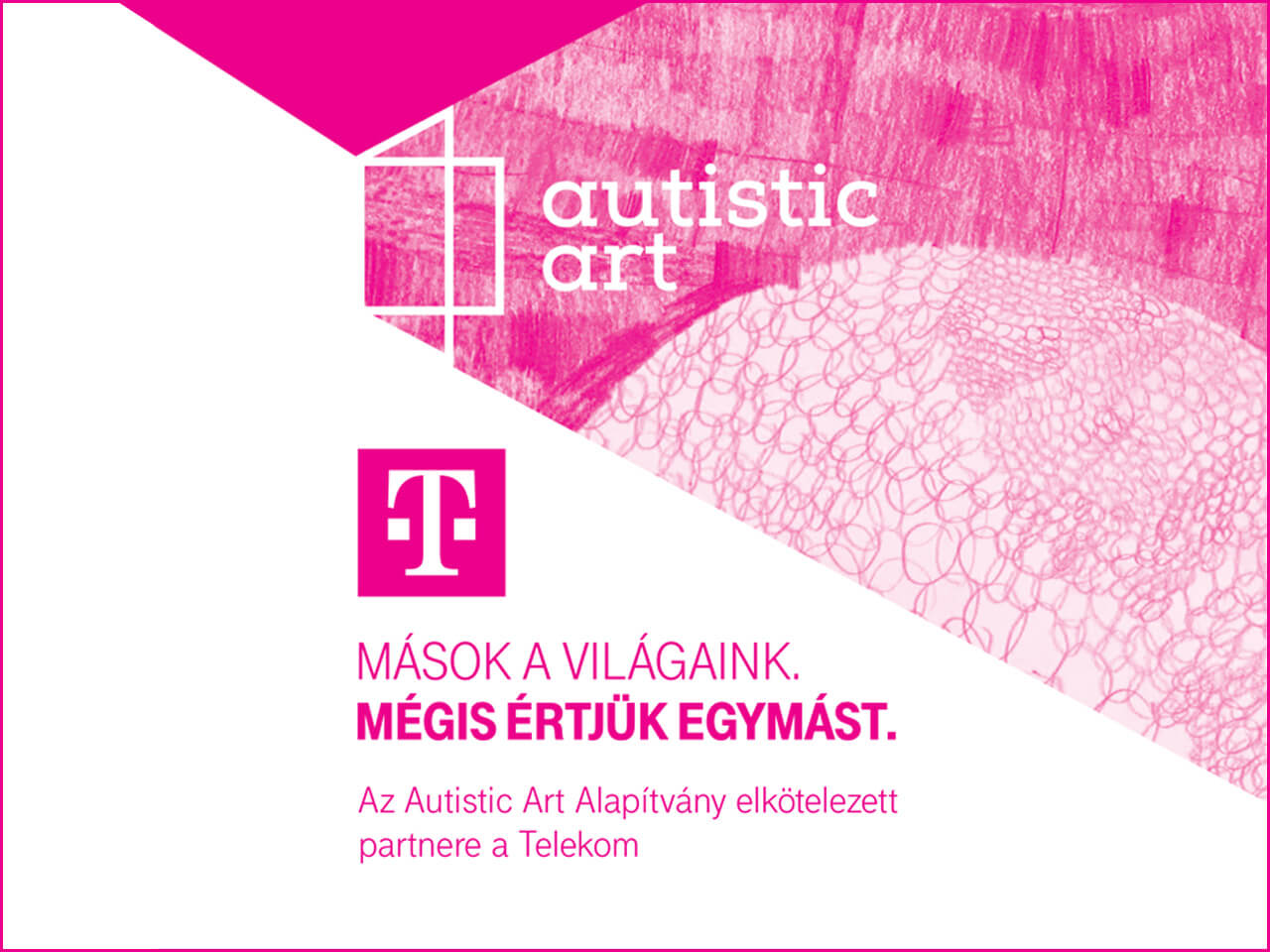
Sustainability is at out heart. We use our best efforts to make our world a better place from a social, economic and environmental view. Within the frame of our strategic partnership with the Autistic Art Foundation our main objective is the sensitization of the society and to take all opportunities to close social gaps. We would like to show our human side and to bridge communication gaps that pose the biggest challenge for people living with autism.
Strategic cooperation
With the Autistic Art Foundation (former name: Smiling Home Foundation) - the strategic partnership agreement was concluded in March 2016. In the course of our cooperation with the Foundation we focus on raising awareness on autism in the broadest possible circle with the use of the channels and tools available for us and simultaneously call the public's attention to the importance of the social acceptance of autism.
